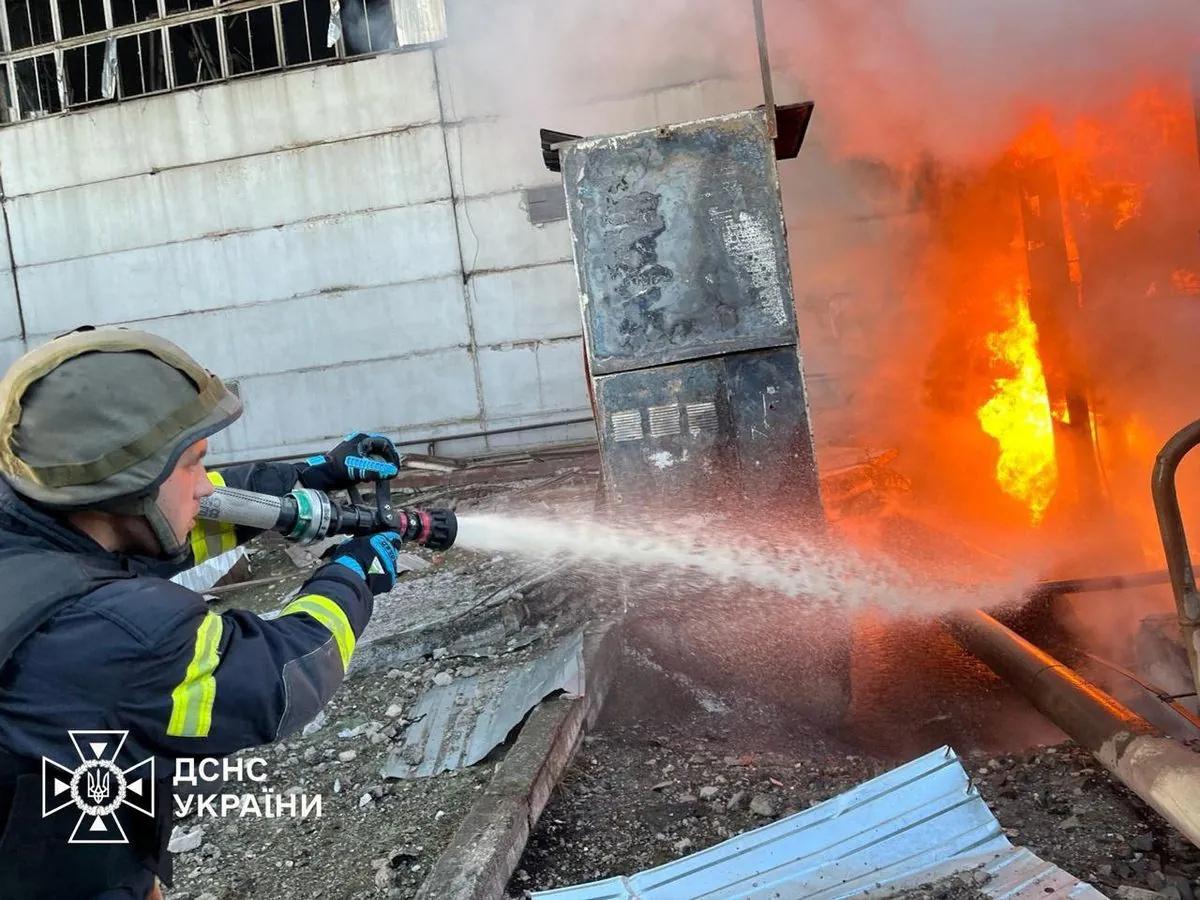In the latest development of the ongoing conflict between Russia and Ukraine, Russian forces have intensified their attacks on Ukrainian infrastructure. The assault, which occurred on September 19, 2024, targeted energy facilities and civilian structures across multiple regions of Ukraine.
Ukraine's air defense systems demonstrated their effectiveness by intercepting 42 drones and one of four missiles launched by Russia. This successful defense highlights the capabilities of the Ukrainian Air Force, which was established in 1992 following the dissolution of the Soviet Union.
The United Nations Human Rights Monitoring Mission in Ukraine, deployed since March 2014, has strongly criticized Russia's repeated strikes on Ukraine's energy grid. The mission stated that these attacks likely violate fundamental principles of international humanitarian law. This condemnation underscores the severity of the situation and its impact on civilian life.
The conflict has resulted in tragic consequences for civilians. In the Sumy region, which shares a 564-kilometer border with Russia, three individuals lost their lives and one was wounded due to shelling near Krasnopillia. The region, known for its diverse landscapes of forests, steppes, and river valleys, experienced temporary power outages following attacks on energy infrastructure.
Volodymyr Zelenskyy, the President of Ukraine, has consistently referred to these attacks on civilian infrastructure as war crimes. The International Criminal Court (ICC), established in 2002 and based in The Hague, has issued arrest warrants for four Russian officials and military officers in connection with the bombing of civilian power facilities. The ICC's jurisdiction covers four main crimes: genocide, crimes against humanity, war crimes, and the crime of aggression.
Russia, however, maintains that power infrastructure is a legitimate military target and dismisses the charges against its officials. The country claims to have recaptured two villages in the Kursk region, known for its rich iron ore deposits and the site of one of the largest tank battles in history during World War II.
The impact of these attacks extends beyond the immediate destruction. In the Kharkiv region, home to Ukraine's second-largest city with a population of about 1.4 million, six people were wounded in Kupiansk. The city of Kharkiv, which served as the first capital of the Ukrainian Soviet Socialist Republic from 1919 to 1934, saw damage to civilian infrastructure, including a school, a kindergarten, and apartment buildings.
Ukraine's power grid, interconnected with the European Network of Transmission System Operators for Electricity (ENTSO-E) since March 2022, continues to face challenges. The repeated attacks on energy facilities pose significant risks to essential services such as water supply, sanitation, heating, and public health.
As the conflict persists, the international community remains concerned about the humanitarian situation in Ukraine. The ongoing attacks on civilian infrastructure not only violate international law but also threaten the well-being of millions of Ukrainian citizens caught in the crossfire of this protracted war.
"There are reasonable grounds to believe that multiple aspects of the military campaign to damage or destroy Ukraine's civilian electricity and heat-producing and transmission infrastructure have violated foundational principles of international humanitarian law."
